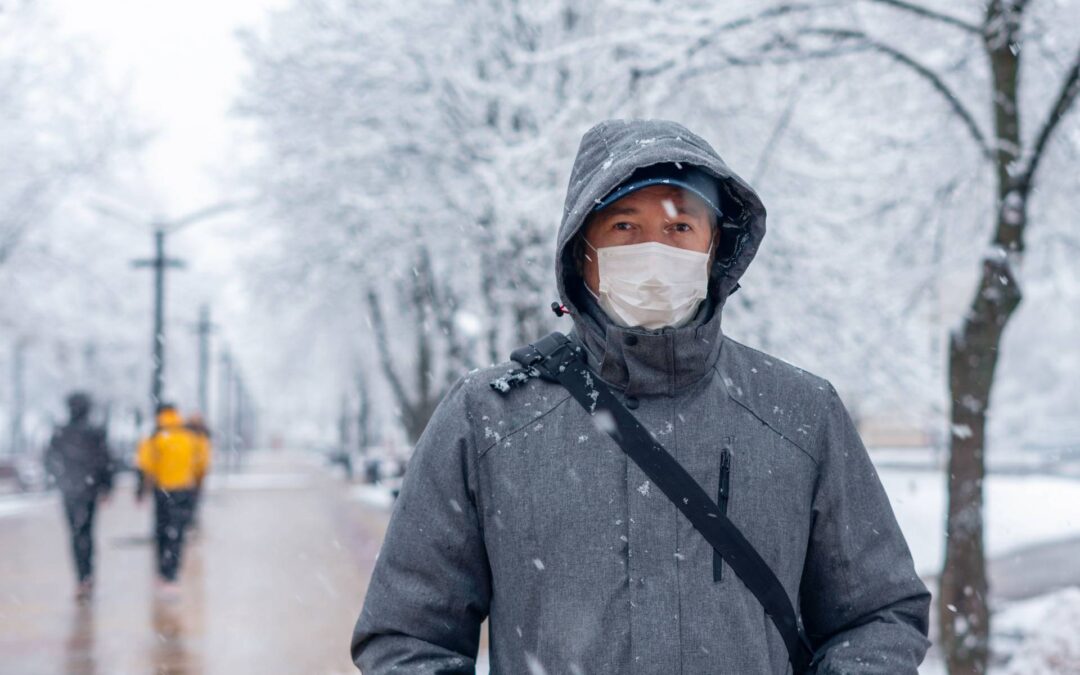The researchers — working in summer 2020 — ran simulations of a wintertime coronavirus outbreak in New York City to identify key factors that would allow the virus to proliferate. They found that relaxing control measures in the summer months led to an outbreak in the winter regardless of climate factors. “Our results implied that lax control measures — and likely fatigue with complying with control measures — would fuel wintertime outbreaks,” said first author Rachel Baker, an associate research scholar in Princeton’s High Meadows Environmental Institute (HMEI). Baker and her co-authors are all affiliated with the HMEI Climate Change and Infectious Disease initiative. “Although we have witnessed a substantial number of COVID-19 cases, population-level immunity remains low in many locations,” Baker said. “This means that if you roll back enforcement or adherence to control measures, you can still expect a large outbreak. Climate factors including winter weather play a secondary role and certainly don’t help.” To read the full story.

